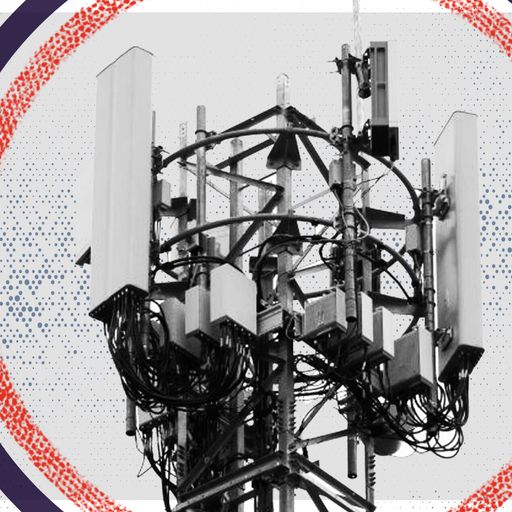Although it will still be a few years before the fifth generation of mobile communications technology is in operation around the UK, research for 6G is already under way.
It wasn't until 3G was launched in the mid-2000s that web browsing became ubiquitous on smartphones.
4G then allowed for video and music streaming, and 5G is expected to deliver more augmented reality applications and bring enormous industrial benefits too.
A new innovation centre at the University of Surrey is now preparing for 6G, which could enable the communication of physical sensations across the world instantaneously.

5G: What is it, what will it do, and is it safe?
Speaking to The Times, Professor Alan Woodward said he expected medicine would be one of the first specialised fields to get 6G coverage.
"You can imagine being a surgeon on the other side of the world and you've got robotic hands inside somebody," he said.
"In that scenario, you don't want any perceptible delay between what you're doing and feeling and what's being fed back to you, you need to virtually be there, basically.
"And whereas we've kind of got virtual reality at the moment, it's not quite real time - but 6G holds out that sort of promise," Professor Woodward added.
5G uses a higher band of the electromagnetic spectrum to enable higher data rates, but the use of higher spectrum bands won't be possible forever, the University of Surrey has warned.
"An entirely new approach is needed that mobilises exciting new services that address the great global challenges," said Professor Rahim Tafazolli, the director of the 6G Innovation Centre (6GIC).
In a new white paper, the university has stated it will follow particular research themes, the first on "ambient information" and the second on "ubiquitous coverage".
"Ambient information" is the phrase used to describe "a fusion of the physical and virtual worlds, powered by the integration of high-resolution sensing, geolocation and wireless technologies to enable a new level of digital services that link human senses with ambient and remote data".
Ubiquitous coverage is about removing the digital divide, where people's access to the internet is dependent on their geographical location.
The university said it aims for 6G to significantly improve indoor coverage as well as use new technologies, such as intelligent surfaces and satellite technology, that will make "6G services available everywhere".
Even though many of these technologies don't yet exist, it's imperative that the research starts now, according to Professor Woodward.
"The reason we've got to get cracking now is that the countries and the companies that are now dominating 5G started thinking about it 10 to 15 years ago. The UK has an opportunity to be at the leading edge and shaping the thinking of 6G."
 简体中文
简体中文



